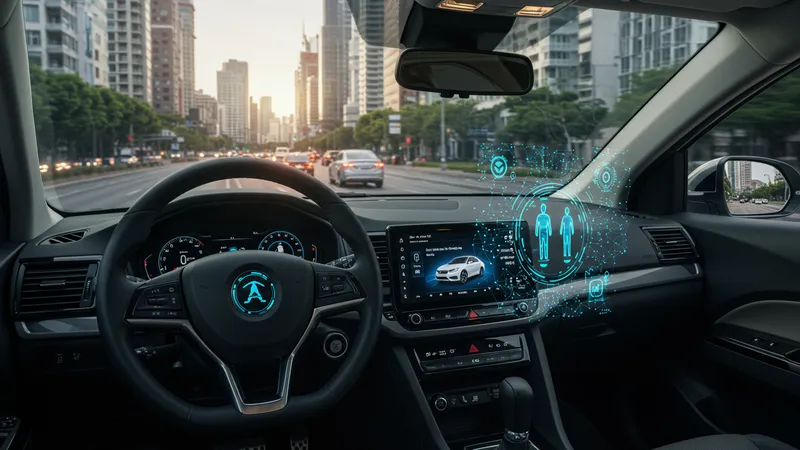
Software-Defined Vehicles: Redefining Mobility Through Code
The Role of AI: Changing the Driving Equation
Artificial intelligence is at the core of the software-defined vehicle revolution, transforming cars into smart entities that can assist, learn, and even predict driver behavior. AI’s integration through machine learning algorithms and neural networks allows for a driving experience that’s personalized, adaptive, and above all, intelligent.

AI doesn’t just assist in driving; it reimagines every aspect of it by introducing features like adaptive cruise control, lane-keeping assistance, and pedestrian detection. These smart systems are the result of countless lines of code working in harmony with real-world data. Yet, AI’s potential in automotive is still vastly untapped…
What really surprises is the capability of AI to transform autonomous driving from concept to reality. The rapid evolution of AI algorithms paves the way for fully self-driving vehicles, poised to change urban landscapes and commuting norms. This transition is more profound than we might imagine, altering not only roads but societal structures too.
As AI capabilities expand, ethical and philosophical questions surface regarding autonomy and control. Balancing the human touch with technological precision is a thematic challenge facing manufacturers and developers alike. The story of AI in vehicles is not just evolving, but engaging with broader themes of trust, adaptability, and the human-machine relationship.